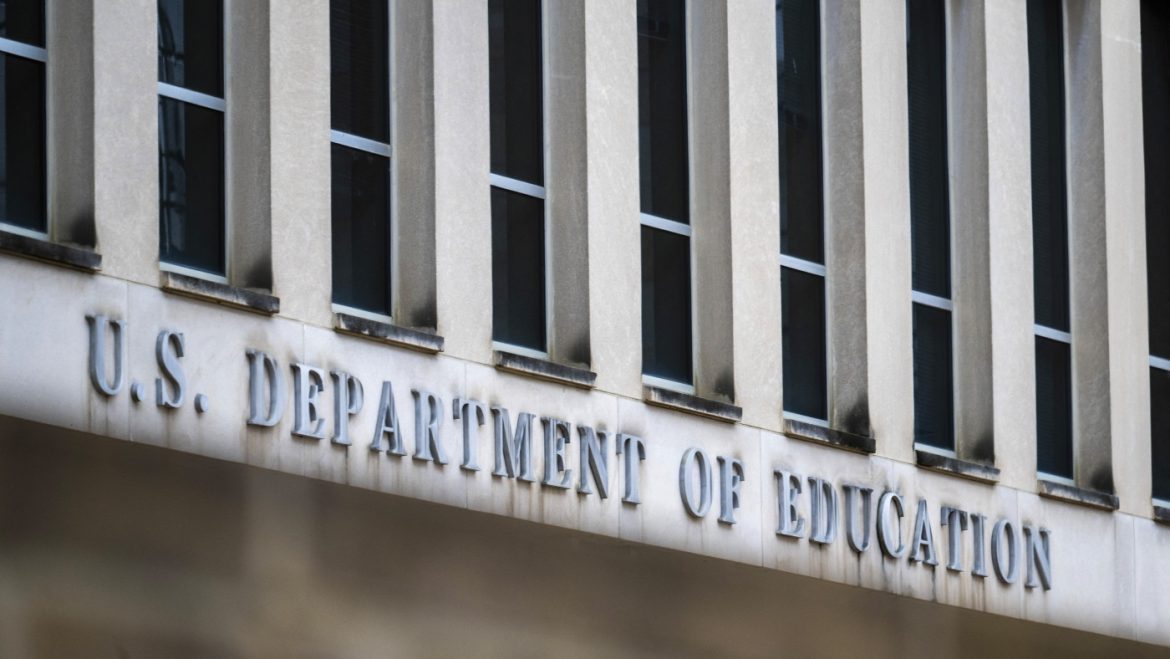The Impact of Trump Administration’s Decision to Cut $1 Billion in School Mental Health Grants
Introduction
In a move that has sparked significant debate and concern, the Trump administration has decided to halt $1 billion in federal grants aimed at supporting school mental health programs. This funding, originally allocated under the Biden administration, was intended to bolster the ranks of mental health professionals in schools across the country. The decision to cut these funds has raised questions about the future of mental health support in educational settings and the priorities of the current administration.
Background of the Funding
The $1 billion in grants were part of a bipartisan gun violence bill signed by Democratic President Joe Biden in 2022. This legislation was a response to the increasing concerns about student mental health, exacerbated by incidents such as the Uvalde, Texas, elementary school shooting. The funds were specifically earmarked to help schools hire more psychologists, counselors, and other mental health workers, addressing a critical need in many school districts.
The Trump Administration’s Justification
The Trump administration has cited several reasons for discontinuing the funding. One of the primary justifications is a conflict of priorities. The administration has expressed concerns about the focus on diversity, equity, and inclusion (DEI) efforts within the grant contracts. This stance has been met with criticism, as many argue that DEI initiatives are integral to creating inclusive and supportive environments for all students.
Additionally, the administration has suggested that the grants ran afoul of their intended purpose. This assertion has been challenged by educators and mental health professionals who argue that the funds were being used effectively to improve student well-being and address mental health crises.
The Impact on Schools and Students
The decision to cut $1 billion in mental health funding will have far-reaching implications for schools and students across the country. Many school districts have come to rely on these grants to hire and retain mental health professionals, who play a crucial role in supporting students’ emotional and psychological needs. The loss of this funding could lead to a significant reduction in mental health services, leaving many students without the support they need.
Moreover, the timing of this decision is particularly concerning. The COVID-19 pandemic has had a profound impact on the mental health of students, with increased reports of anxiety, depression, and other mental health issues. The need for mental health support in schools has never been greater, and the Trump administration’s decision to cut funding could exacerbate an already dire situation.
The Role of Mental Health Professionals in Schools
Mental health professionals, including counselors, psychologists, and social workers, play a vital role in supporting students’ overall well-being. They provide a range of services, from individual counseling and group therapy to crisis intervention and prevention programs. These professionals are often the first line of defense in identifying and addressing mental health issues among students.
The presence of mental health professionals in schools has been shown to have a positive impact on student outcomes. Research indicates that students who have access to mental health services are more likely to succeed academically, have better attendance, and are less likely to engage in risky behaviors. The decision to cut funding for these professionals could undermine these positive outcomes and leave students without the support they need to thrive.
The Broader Implications
The Trump administration’s decision to cut $1 billion in school mental health grants is part of a broader trend of reducing federal support for education and social services. This trend has raised concerns about the administration’s priorities and the potential long-term impacts on communities across the country.
The decision also highlights the ongoing debate about the role of the federal government in supporting education and mental health services. While some argue that these responsibilities should be left to state and local governments, others contend that federal funding is crucial for ensuring equitable access to services, particularly in underserved communities.
Conclusion
The Trump administration’s decision to halt $1 billion in school mental health grants is a significant and concerning development. The funding, which was intended to support the hiring of mental health professionals in schools, is now in jeopardy, leaving many students without the critical support they need. The administration’s justification for the cut, citing conflicts with DEI efforts and concerns about the grants’ intended purpose, has been met with skepticism and criticism.
As the debate over this decision continues, it is essential to consider the broader implications for students, schools, and communities. The need for mental health support in schools has never been greater, and the Trump administration’s decision could have far-reaching consequences. It is crucial that policymakers, educators, and mental health professionals work together to ensure that students have access to the support they need to succeed.


